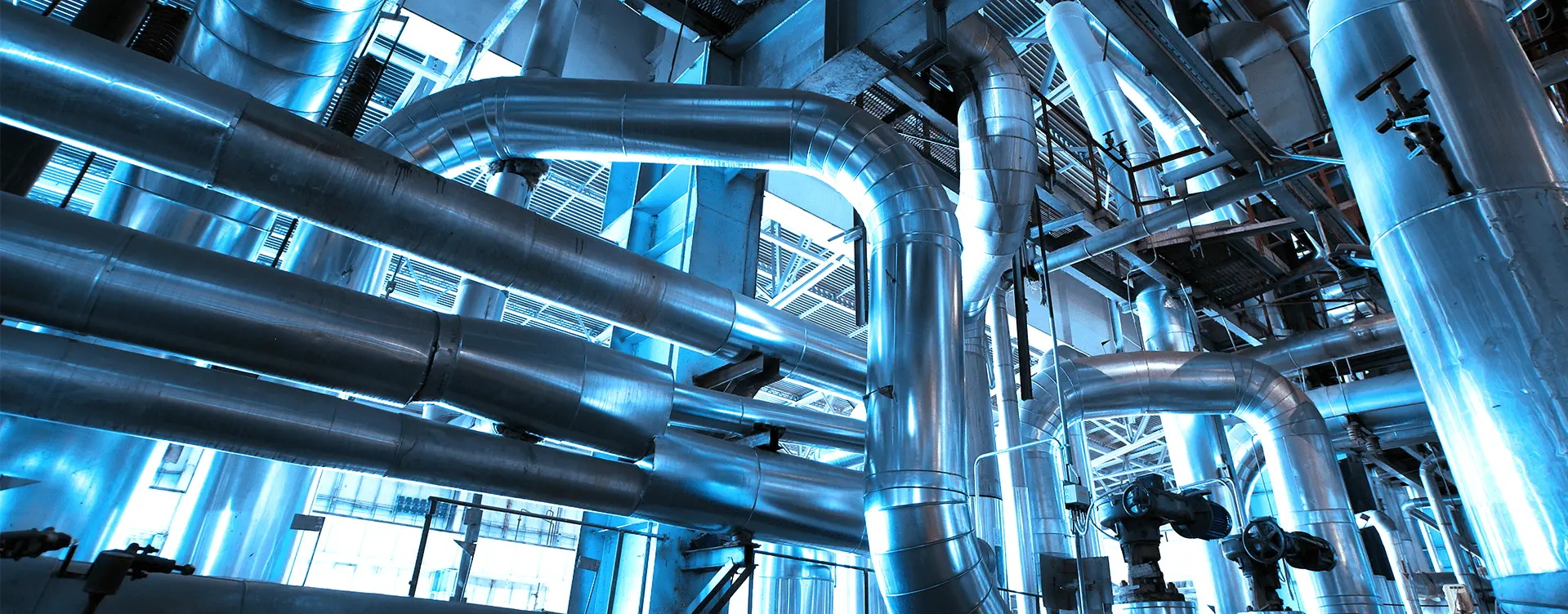Melt Crystallization

उत्पाद विवरण
Accurately control the temperature and integrate a number of technologies for efficient purification.
Technical Principle Of reactive crystallization
The driving force of the melt crystallization process is the supersaturation or undercooling of a component in the molten liquid, the process is divided into three stages: crystallization, sweating and melting.
Crystallization: crystallization chemical reaction is the process in which, as the temperature of the molten liquid is gradually decreased, a component in the melt becomes supersaturated and begins to nucleate and grow into crystals.
Sweating: During the growing process of crystal, impurities of mother liquor will inevitably be trapped in the coarse crystal, so the coarse crystal needs to undergo the sweating process for purification.
Melting: The purified crystals are melted completely by heating.
Characteristics of Melt Crystallization Technology
1
High product purity: The product purity can be above 99.99% chromatographically pure according to customer requirements.
2
Low operating temperature: Generally, it is operated at atmospheric pressure and low temperature, with simple and safe operation.
3
Wide applicability: It is very difficult to separate isomers and chiral substances by distillation, while separation can be easily achieved by melt crystallization.
4
No solvents required: The crystallization process does not require the addition of other solvents, which can effectively avoid the increase of impurities caused by the introduction of solvents and environmental pollution.
5
Investment saving: There are no excessive requirements for equipment, which can reduce costs and equipment investment.
6
Energy conservation and environmentally friendly: The energy consumption of melt crystallization is generally only 10%-30% of that of distillation.
For more information about chemical process, please feel free to contact us!

